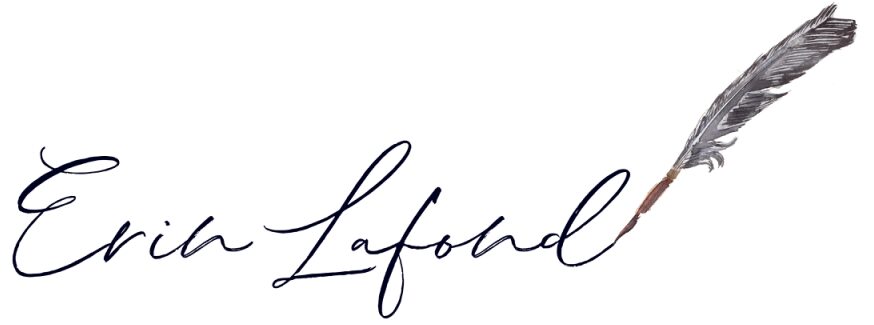How to Run a Workshop
Last updated on July 14th, 2022 at 08:56 am
This article is part three of a series about starting your own creative writing group/club. Part one is here. Topics will include giving constructive criticism, running a workshop, and writing games/prompts.
Workshopping is a crucial element of any creative writing group. It’s the real reason you’re there: to give and get feedback on your writing. Make sure you’ve reviewed past blog posts about setting the rules for your club and giving constructive criticism.
Workshops should take up the bulk of your meetings, and they should last about 30 minutes per person. Everyone should come to the meeting having read the work and prepared feedback. Every person should be given a chance to speak before anyone speaks twice. As a group, make sure everyone is following the tips for constructive criticism. If someone criticizes something but struggles to come up with an example, help them. If you notice there isn’t a lot of positive feedback, go out of your way to give a compliment. Your workshops should be focused but relaxed. We’re writers. Our work is supposed to be fun.
Most importantly, the person being workshopped shouldn’t speak for at least the first ten minutes. This gives the group the chance to give feedback without being worried about interruptions or defenses. It allows them to mention their biggest concerns without direct questions from the writer. This also forces the writer to listen instead of focusing on how they would respond. They can’t say anything for a while so they might as well just listen. However, after a period of time, the writer should be able to respond, explain their intentions, and ask questions. This is an opportunity for the writer to focus the feedback and make sure their concerns are addressed.
As a writer, you should go into your workshop aware of a few things. If everyone, or almost everyone, interprets your work differently than you intended, that’s your mistake, not theirs. If you go into a workshop hoping everyone is just going to confirm how wonderful your story is, you’re in for a rough time. You’re going to, or at least you should, get a good amount of negative feedback. This negative feedback is vital to the improvement of your work. Your writing can always be improved. If you leave your workshop feeling discouraged, talk to your group. You’re there to support each other. Also, remember that no first or second or even third draft is great. We all have bad workshops. The important thing is how you respond to those workshops. If you really disagree with your feedback, that’s your choice. You’re the writer. It’s your story. Your group can only make suggestions.
Good luck with your workshops! Be sure to comment with any tips your group has for improving workshops or feedback.


2 Comments